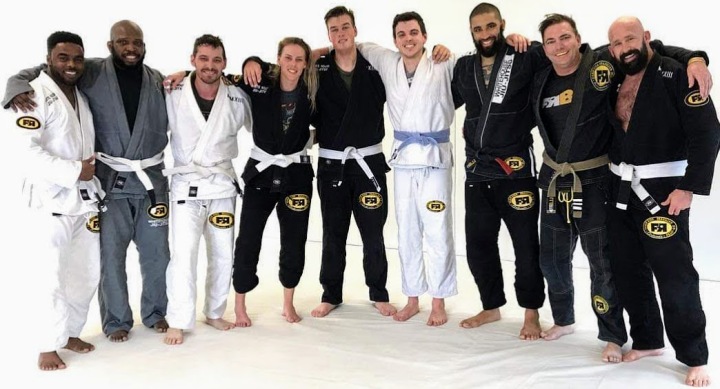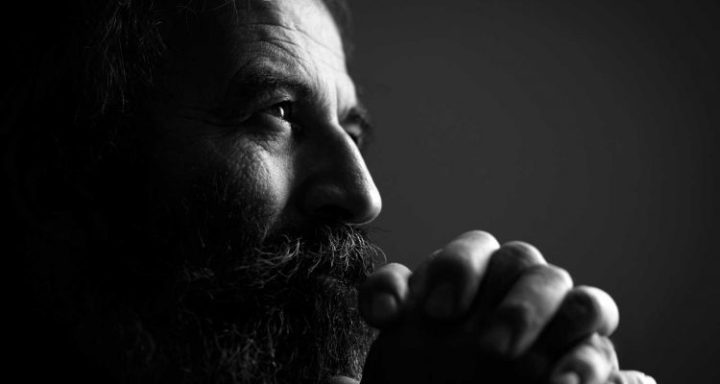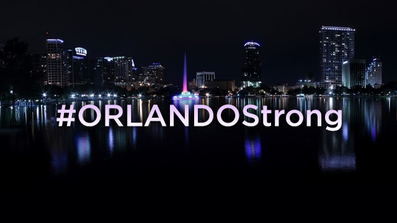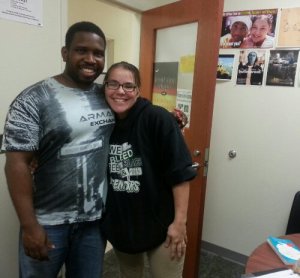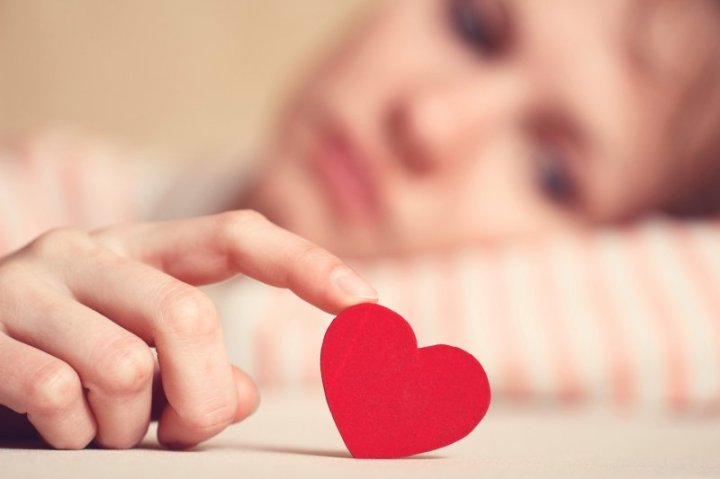
I used to have a really hard time getting over past relationships. I would find myself ruminating over the person, wondering if our breakup was a mistake and contemplating reaching out to see if we could try again.
That same thinking kept me in bad relationships for far too long and kept me stuck when I should have been moving on.
It wasn’t until I started doing therapy with clients who were in various degrees of anxiety and depression due to a break up that I started to realize that it’s not usually the person I was missing, but the idea of that person, the experiences and the feelings.
You Don’t Miss Them, You Miss The Idea of the Person
A woman once told me, and it was such a great line I don’t doubt that she heard it somewhere else before, perhaps in a movie, “You don’t want me, you want the idea of me.” At the time I thought she was totally wrong, but as I’ve grown and learned to understand myself and other people, I now know that she was absolutely right. I didn’t really know her, but I was attracted to her physically and had already become attracted to the idea of her being my person.
I was doing what most of us do subconsciously. We meet people and then make certain believes and assumptions about that person.
When we like someone, we tend to make them out to be this impossibly perfect person. Even when we notice their flaws we tend to justify, minimize or downright ignore them. This explains why we often ignore many red flags that signal someone isn’t good for us early in the dating process.
When this person starts not living up to who we created them to be in our minds, we tend to grow disappointed, unhappy and fall out of love because we start seeing the person for who they really are which often is in stark comparison to who we made them out to be.
Once the relationship ends, often we start remembering that person, not as the person they really were, but as the idealized person we created. We like to romanticize and we pick and choose memories that have strong, happy emotions over more unpleasant ones. We start missing that person, not as he or she was, but our idea of that person. Sometimes we even start missing the person we felt they could have been and not who they really were.
You Don’t Miss Them, You Miss The Way They Made You Feel
In our minds, we tend to downplay the more negative experiences and feelings. “Our fights weren’t that bad.” “Maybe I was just sensitive and he wasn’t a womanizer”. “He only yelled at me because he loved.”
This kind of thinking is sometimes called the Halo Effect. When you remember the good qualities of a person and minimize the negative. It’s partly why many people stay or go back to abusive relationships. It’s what makes it hard to separate from toxic people because they are usually really good at treating you special and then treating you like crap, putting you on a roller-coaster ride that can make you question your own sanity.
We start looking at pictures and remembering times when we were happy, smiling, having fun and madly in love with the person and pushing aside the things that weren’t so good and maybe were even awful about being with that person.
We miss the feeling of flutters in our heart that comes with being in love, of laying next to someone and talking all night long or holding hands, kissing and going out on dates. Suddenly, all the heartache they may have caused us doesn’t seem to hurt so bad.
If you don’t have friends or a journal to remind you of how terrible they treated you most of the time, it’s easy to fall back into missing how well they treated you every now and then.
It’s okay to miss people, but it’s not okay to miss anyone who used, abused or mistreated you. If you do, it means you need to take time for self-care and learn to embrace reality. You’re awesome and deserving of someone who will treat you better. It’s something I struggled to learn for a long time. It took understanding codependency and detachment for me to break that cycle.
You Don’t Miss Them, You’re Just Lonely
If you only miss the person when you’re lonely, then you don’t really miss the person. When we’re lonely, sometimes we think back to our past and wish we could lean on someone who isn’t there any more. We may even think we still love that person, but it’s not love it’s loneliness.
As humans, we don’t like to be alone, especially when we are dealing with problems. Sure, most of us like to have our space and time apart and some of us are really good at being alone, but most of us crave bonding, relating and socializing with other people from time to time. When you’re lonely, it’s easy to start longing for an ex because we wished we had someone.
Before you know it, you’re calling or texting that former flame or perhaps even worse, crying over that person, or should I say, the idea of that person.
If you don’t think about that person when you’re happy and having fun, perhaps wishing they were there to share the experience with, then you’re not still in love with them, you’re lonely.
You Don’t Miss Them, You Miss Who You Were With Them
When we think about our past with that person, the experiences and feelings we had together, it’s easy to believe that we are missing them when really we are missing the person we were when we were with them.
Just like we tend to idealize people and create versions of them that probably never existed, we do the same with our memories of them. Often, when we miss a person, what we really miss is how they affected us.
I used to ruminate on a particular woman I was in a relationship with and often times I missed the way she would make me laugh, or how we would go out on the weekend and paint the town red and I’d miss how we would sing love songs to each other. I minimized how drunk she sometimes go, how reckless she could be and how scarily volatile her moods were.
Once our relationship ended, I no longer had anyone to do those things with. I missed those feelings and I missed the person I was during those times because that person was a happier, more out going person than I was in reality.
I would find myself alone on a Friday night wishing I had someone to go out with and when I was out, I wished I had someone to sing off key love songs to. I didn’t really miss that particular woman, but the experiences, feelings and person I was in that relationship.
It is definitely possible to miss a person, but that is rarely the case. As humans, we’re so complicated with the way we torture ourselves by creating people, memories and emotions that aren’t always based on reality.
Often we ruminate on people who don’t deserve our attention or energy.
Those same feelings and experiences we had with an ex, we can and will have with someone else if we allow ourselves to move on. .
